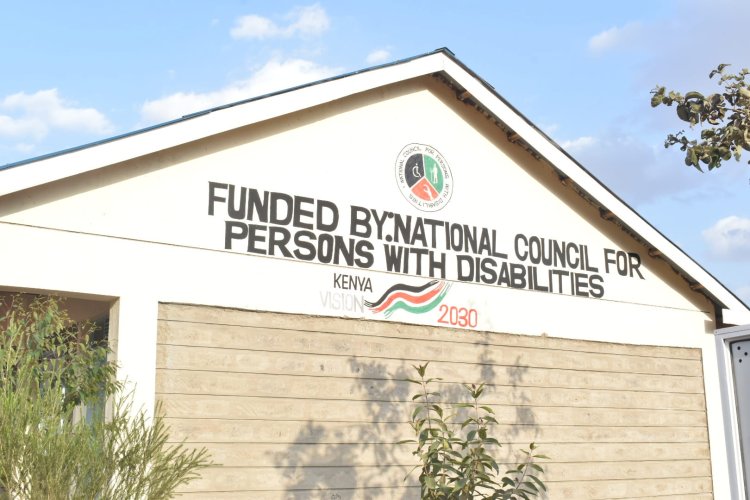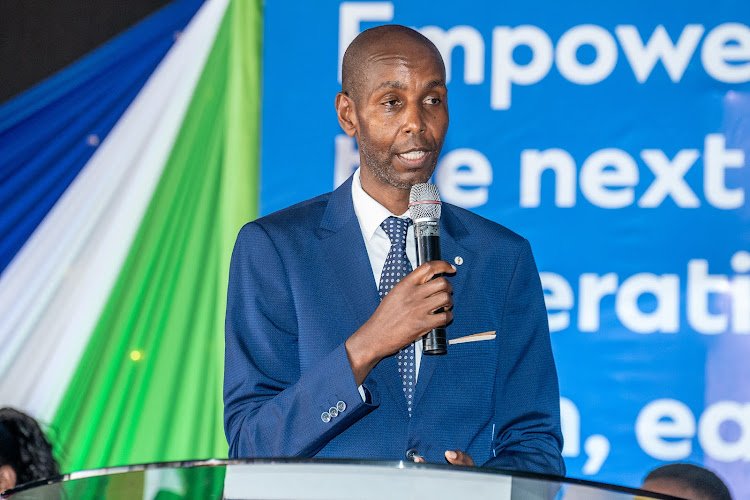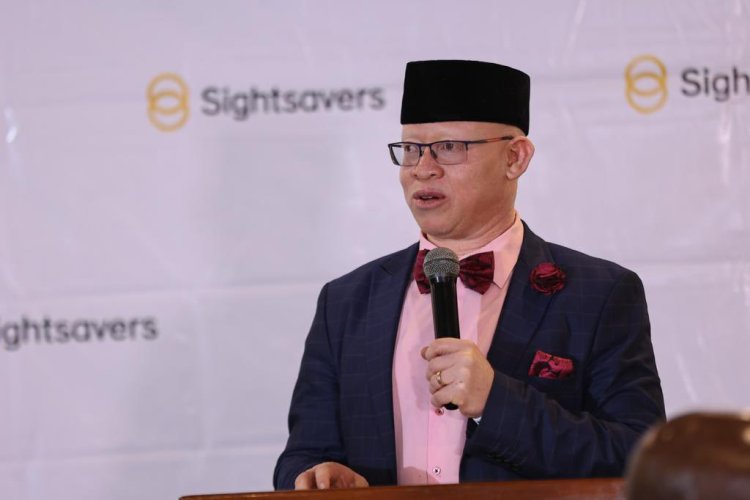Strategies for Supporting Women and Girls with Disabilities- Sightsavers To Govt
Around 257 million women around the world still don’t have access to contraception – this contributes to an estimated 67 million unintended pregnancies and 76,000 maternal deaths each year.

In Kenya and worldwide, women and girls face inequalities that increase their risk of disease, disability, gender-based violence, and mortality.
Around 257 million women around the world still don’t have access to contraception – this contributes to an estimated 67 million unintended pregnancies and 76,000 maternal deaths each year. And for many women, getting their health issues addressed is at the bottom of a long list of challenges and priorities.
This International Women’s Day, Wednesday, March 8, international development organisation Sightsavers is calling for all health services to be inclusive and accessible for women and girls, including those with disabilities. We are also celebrating the women breaking down barriers to make this a reality.
Women like Lucy Mulombii, Chair of a women-led organisation of people with disabilities and Chair of Kakamega County Disability Caucus in rural Kenya.

Moses Chege, Country Director, Sightsavers Kenya speaking during an event on February 29, 2024. /PHOTO
“Women are marginalised, and people with disabilities are also marginalised. So women like me can be hit with two sets of discrimination at once," she stated.
"We are less likely to be educated; have less access to health services; face more violence and sexual abuse; and we are often not given access to the decision-making tables. This must change.”
Mulombii took part in training as part of a Sightsavers-led coalition called Inclusive Futures.
“The program aims to support microentrepreneurs with disabilities to develop and grow our businesses. Through this training we gained confidence as business owners and as women. We learnt about self-advocacy.
"Now we speak out about the issues that affect us not just economically but even about the challenges we face, and we support each other to advocate for the rights of women and girls with disability especially health matters,” explains Mulombii.
According to her, the Kenyan Constitution has articles that protect the rights of women and girls with disabilities and are very clear on issues of affordable healthcare and accessibility.
Unfortunately, the implementation of these policies has been very slow. “Part of our work involves pushing the government to apply these policies”.
Mulombii continues: “The organisation I chair tries to raise awareness about the barriers to sexual and reproductive health and rights for women and girls with disabilities and issues around gender-based violence. Sexual and reproductive health is a human right. But sometimes women and girls with disabilities face discrimination because people think they are not like other women."
"They forget that they have the right to access information about how they can plan their families and take care of their menstrual health. When you don’t have money in your pocket, when you don’t have confidence, you don’t speak out.”
For women with disabilities, these challenges are compounded by lower life expectancy, higher rates of diseases like diabetes, and difficulty accessing health care.
Moses Chege Sightsavers Kenya Country Director says, “Some diseases affect more women than men. They are also more likely to be blind or have a visual impairment, but much less likely to have access to the eye care they need. What is more, women with disabilities are three times more likely not to access the healthcare they need, compared to men without disabilities.
“Without action, women will continue to be left behind in health care, having their health, and chances of education and employment curtailed.”
Sightsavers works with partners to improve access to health services for all, including women and people with disabilities.
Since Sightsavers began in the 70’s, the organisation has helped 70,000 women to access treatment for trachoma; helped protect 560 million women from devastating diseases including schistosomiasis and fought for access to sexual and reproductive health services women and girls with disabilities in eight countries.







